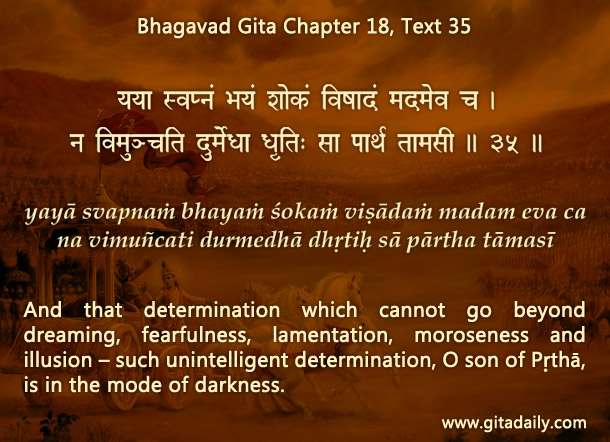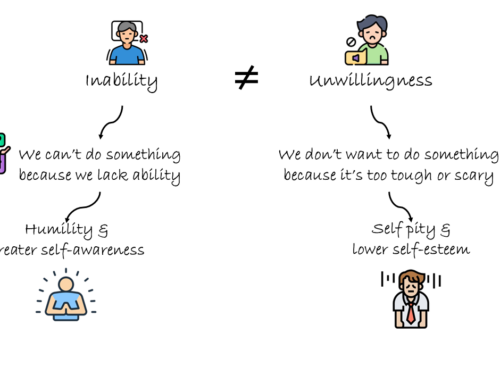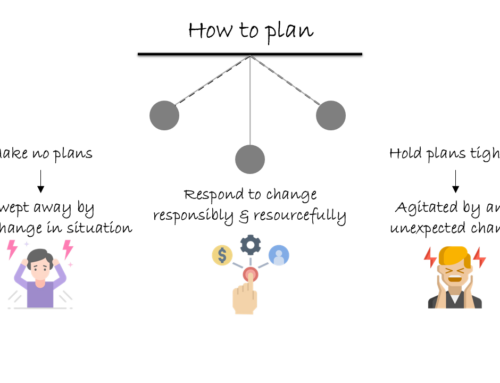Stop whining that life is not fair – start working with life as it is
Life sometimes gives us a raw deal. Despite working hard, we get no breaks; instead, we find our dreams breaking down.
While such situations are distressing, they become crushing when we let resentment paralyze us. Whining and ranting, we sink into the swamp of self-pity.
If we observe the world around us, we find that unfairness is universal – who doesn’t know someone with better looks or brains or lineages or childhoods? Seen from the perspective of one lifetime, such inequity is just a fact of life – we have to get used to it. From a multi-life perspective, our present situations are products of our past-life karma. Whichever perspective we accept, whining about life’s realities is utterly useless. Pertinently, the Bhagavad-gita (18.35) indicates that negative thought-patterns such as lamenting, resenting and whining characterize the mode of ignorance.
To overcome such negativity, we need to learn the art of acceptance – of accepting life as it is. Such acceptance conserves our energy from being wasted on whining. And when we channel that energy for working constructively, we often experience that things are not as hopeless as our mind depicted.
Acceptance becomes much easier when we raise our vision towards transcendence. When we understand that we as indestructible souls are transcendental to our situations, we feel internally secure. And when we understand that the supreme transcendence, Krishna, is the ultimate controller and is our benefactor, we get strength by contemplating that he will bring good even out of the bad. With these twin understandings, we re-envision working with life as it is – it is not slaving amidst inequity but is serving with maturity, waiting for Krishna’s plan to unfold.
By thus replacing whining in frustration with working in devotion, we can make our life better, both in this lifetime and beyond.
Think it over:
- When do distressing situations become crushing?
- How does accepting life as it is help us?
- How does understanding transcendence make acceptance easier?
To know more about this verse, please click on the image
Explanation of article:
https://www.youtube.com/watch?v=0xumKzbN9ZE






Leave A Comment